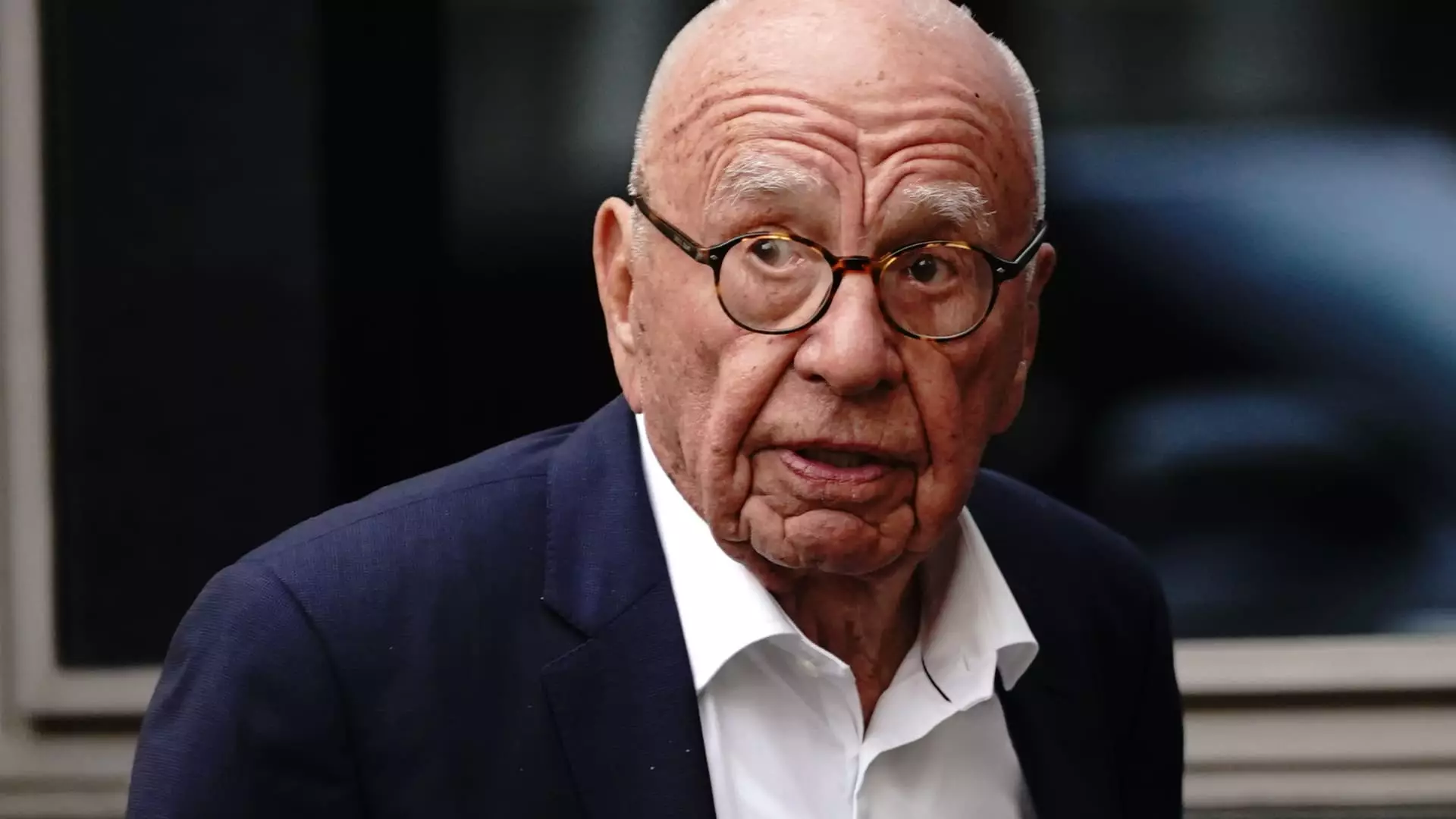Activist investor Starboard Value has made a bold move to dissolve News Corp’s dual-class share structure, a direct challenge to the Murdoch family’s control over the Wall Street Journal parent company. This strategic decision, as reported by sources close to the matter, was initiated through a non-binding shareholder resolution. At the time of the push in September, Rupert Murdoch held approximately 40% of the company’s voting stock, giving him significant control over key decisions. In contrast, Starboard only owns around 2% of the company’s Class A shares, according to FactSet data.
Managing member Jeff Smith of Starboard has publicly expressed the firm’s stance on the matter, advocating for News Corp to separate its real estate assets, including its stake in the REA Group of Australia. Smith has been vocal about the detrimental effects of the dual-class structure, stating, “There have been votes to declassify, it’s something to consider as well. But there are easier paths to create a lot of value.” This indicates Starboard’s strong belief in the potential for value creation through structural changes within the company.
Apart from facing pressure from investors like Starboard, Rupert Murdoch finds himself embroiled in a legal battle to pass control of the family trust, holding the News Corp stake, to his son Lachlan Murdoch. Reports from reputable sources such as the New York Times and the Wall Street Journal have shed light on this ongoing struggle for succession. Notably, in November, Rupert Murdoch, at the age of 93, stepped down as chair of the board for both News Corp and Fox Corp. He now assumes the position of chair emeritus at both companies, while his son, Lachlan Murdoch, takes the helm as the sole chair of News Corp. Lachlan also retains his roles as the executive chair and CEO of Fox Corp.
Following the news of Starboard’s initiative to dissolve the dual-class share structure, News Corp’s shares experienced a slight decline of approximately 1% for the day. This movement, reported by Reuters, suggests that investors are monitoring the situation closely. Starboard’s track record of mounting campaigns at companies like Autodesk, Match Group, and Salesforce further underscores the seriousness of their efforts to drive change within News Corp. It is noteworthy that News Corp, beyond its ownership of the Wall Street Journal, also encompasses prominent entities such as The Sun and publisher HarperCollins.
The challenge to News Corp’s dual-class share structure represents a significant turning point in the company’s governance and future direction. The clash of interests between long-standing control mechanisms and activist demands for change sets the stage for a potentially transformative period in News Corp’s history. As stakeholders await further developments, the outcome of this battle will undoubtedly shape the course of one of the media industry’s most influential players.

